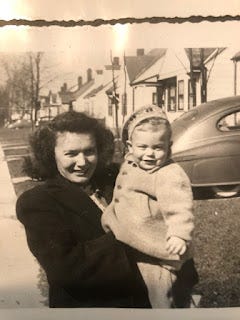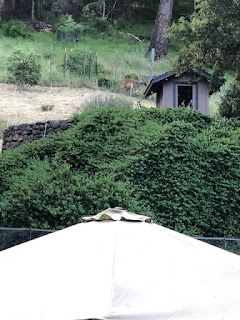A few years ago, my three youngest children and I were returning from brunch in the Noe Valley neighborhood in San Francisco when a person holding a clipboard asked us to sign a petition in support of a ballot proposition.
I politely refused, my sons ignored the request and kept walking, but my daughter felt like she had to stop and listen to the activist’s pitch.
After she caught up with us, she said “I hate when that happens. I didn’t want to be impolite. What was it you said, Dad, to get out of it?”
“I just told him, ‘I’m a journalist, I don’t sign petitions,’” I explained.
Then I added, “But it’s a good thing you stopped to talk it over. Participating in the political process is a good thing.”
My daughter got a thoughtful expression but didn’t immediately respond.
The memory of that incident came to mind when I heard that a major line of attack by Republicans on Judge Juan Merchan’s role in the trial of Donald Trump for election interference was his small donation to Joe Biden’s campaign in 2020.
The critics say he should have recused himself from the case for reasons of political bias. I don’t agree with them but I wish he had not made that donation.
Of course, the judge was simply exercising his right as a citizen and I don’t know the circumstances under which he acted. Perhaps he was simply being polite to a person with a clipboard.
But I’m quite certain now that he regrets it.
Judges and journalists are two types of professionals who are routinely expected to rise above any biases we may have to do our work in an impartial manner. This is exceptionally difficult to do and we don’t always succeed.
In both professions, one of the checks on the real or appearance of prejudice is disclosure. As long as we tell you of our conflict or perceived conflict, you can take that into account when you evaluate our performance.
To be fair, Judge Merchan did that — it is he who disclosed his small donation to Biden in seeking guidance from a state ethics advisory committee as to whether he should recuse himself.
(Also at issue was the judge’s daughter’s political activity on behalf of Democratic candidates.)
As one who followed the Trump trial closely, I can say with confidence that Merchan handled the case ethically and without bias, often bending over backward to accommodate the defendant’s frequent outbursts and outrageous attacks on him, the prosecutor, the witnesses and the jury.
It was an utterly fair trial. But these are divisive times.
Even before but especially since the verdict, Trump has been waging an outright war not only on Merchan but on our entire system of justice. This is very dangerous and we will have to see over time what the consequences will be.
So while my point is that judges, journalists and certain others bear a special burden to avoid the perception of bias, our society depends on everyone trying to at least be truthful. Especially with a chronic liar like Trump whipping up partisan anger without any regard whatsoever for either ethics or the truth.
But back to my story about that day with the person and the clipboard and my daughter seeking a way out of her predicament.
“I’ve got it,”she said softly, “Next time I’ll just say that I’m a journalist.”




